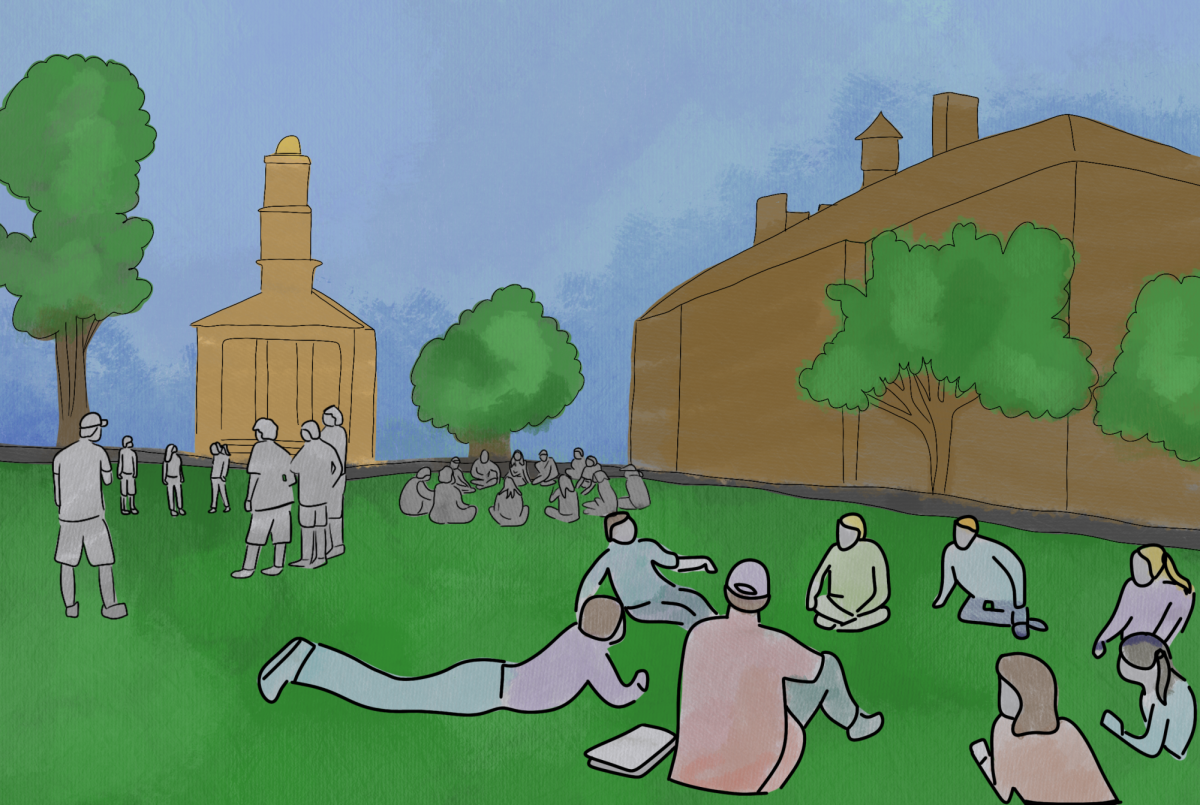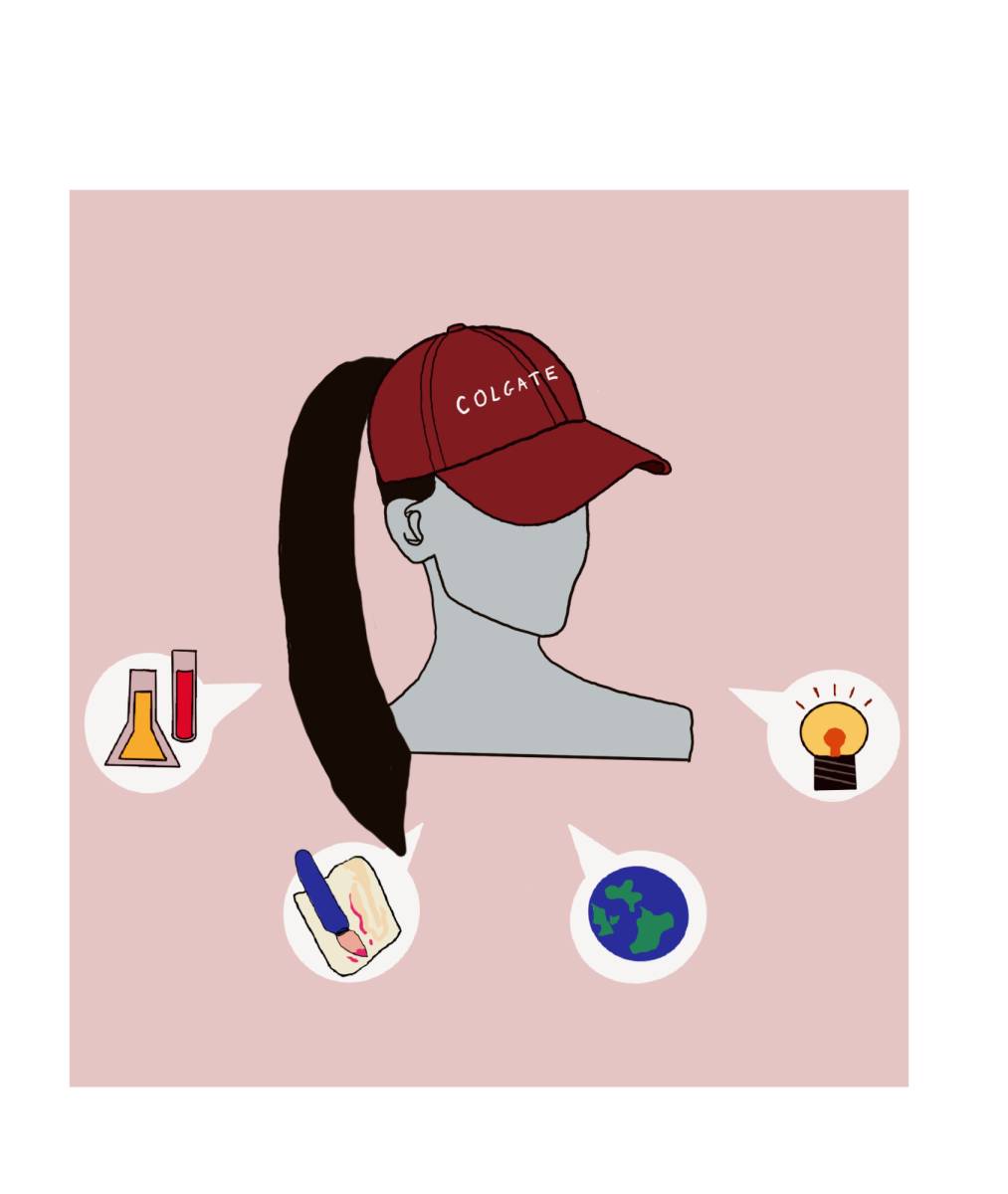In the college environment, the looming question of “What’s next?” is ever-present. As a first-year student, I’m constantly fielding questions about my future from family and friends who want to know what I want to study and pursue after graduation. Choosing a major or minor is a scary reality, since it seems to determine the course of our professional careers.
Even though it’s expected, I’m usually taken off guard by the question. I mean, isn’t the goal of going to college really to discover and choose a subject of study? However, the seriousness of this decision is evident; it seems as though selecting a major or minor is permanently confined to what one can study, which, in reality, I know isn’t the case. But this choice seems so finite in determining not only our employment options after graduation but also the particular skills we acquire through our chosen field or fields of study.
There is no denying that selecting a major in college can be difficult. An individual’s first year is like the calm before the storm because, at the end of one’s sophomore year, a major has to be decided upon. The pressure to identify one’s lifetime interests and professional goals is great when possibilities seem unlimited. For example, there are many types of majors and minors here at Colgate University, like philosophy or psychology. There are so many options available; the difficult part is deciding between just one or two. How am I supposed to know that these are the subjects I want to study for the rest of my life?
What if Colgate could make this important choice easier for students?
Beyond majors and minors, there are opportunities to choose a concentration at Colgate, exposing students to a broader range of classes to choose from. For example, Colgate has established a concentration in the natural science department, where students can pursue courses in both geology and biology. These students can select to major in natural science, with a potential focus on freshwater and marine science, allowing them to benefit from many divisions within the natural sciences.
However, there is room to expand on Colgate’s concentration system. Some liberal arts colleges, like Williams College, have introduced concentrations for almost all subjects, which I believe Colgate should take inspiration from and implement in a similar way. Williams requires students to declare a major, but they no longer have the opportunity to minor in any topic; instead, they can choose to focus on a particular subject or area of study. These thematic course groups represent a more sophisticated approach to specialization, drawing from a wide range of fields. A cognitive science emphasis, for instance, can include computer science, psychology and mathematics, offering a multidisciplinary viewpoint. Therefore, someone like me does not need to decide between psychology and philosophy. I can choose to concentrate on a subject like cognitive science that gives me the opportunity to explain and learn about both. This strategy offers a more flexible and all-encompassing academic experience by relieving the strain of choosing a single major. Concentrations allow for a more nuanced education. They offer a way to specialize in multiple areas of interest without the commitment of a double major or minor.
Concentrations offer a distinct chance to go deeper into a particular subject within a larger discipline, giving students the opportunity to tailor their studies to provide them with a well-rounded base. This specialization can be especially helpful in complex professions where different industries require different skill sets. Furthermore, concentrations — as opposed to a conventional framework of majors and minors — allow students to more effectively customize their education to their individual interests and professional goals.
The introduction of more concentrations at Colgate could be a game-changer for someone like myself who struggles with indecisiveness. This creative method enables more specialized and focused study, in addition to expanding the horizons of education. Many students find that choosing a major or minor during their college years presents a difficult task. Concentrations make this decision easier by providing students with an opportunity to have more flexibility and depth in their studies. Through the increased implementation of concentrations, Colgate can provide improved assistance to students as they navigate their career and academic paths, which will ultimately improve not only their collegiate careers, but also the number of post-graduate opportunities available to them.













